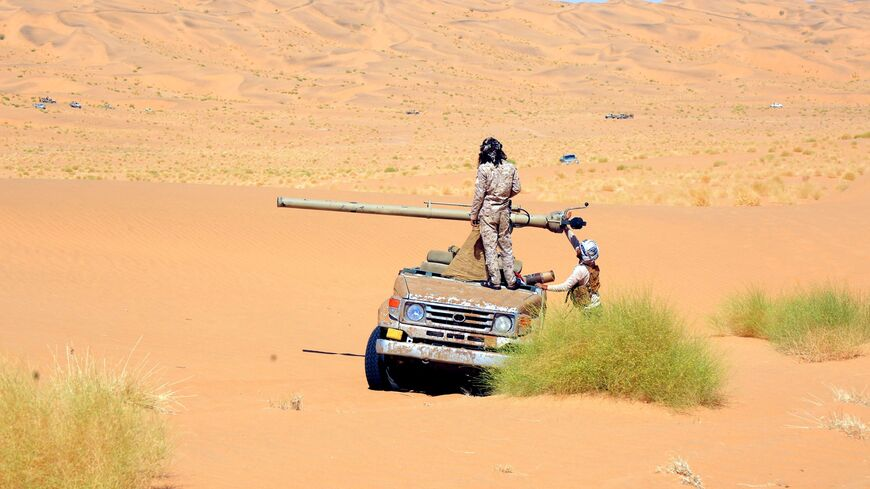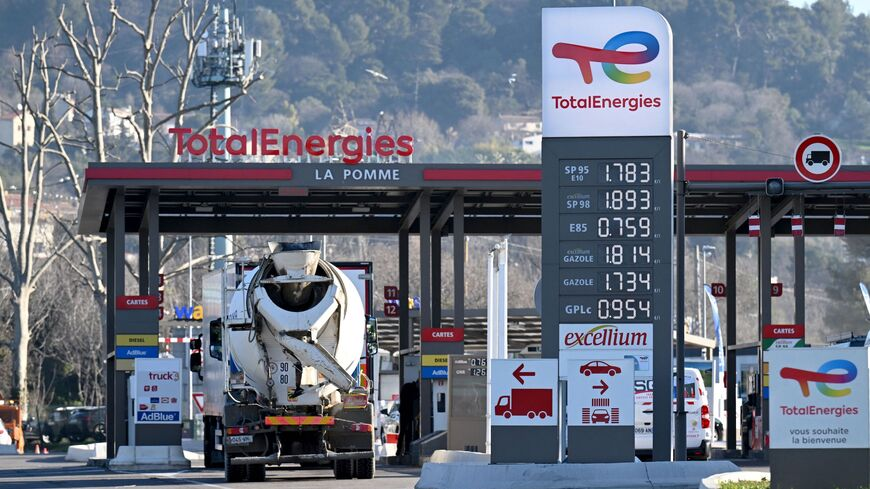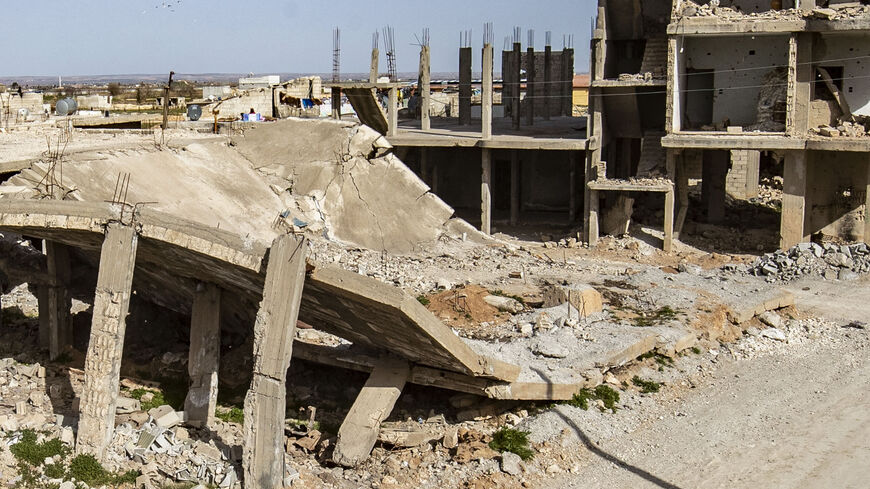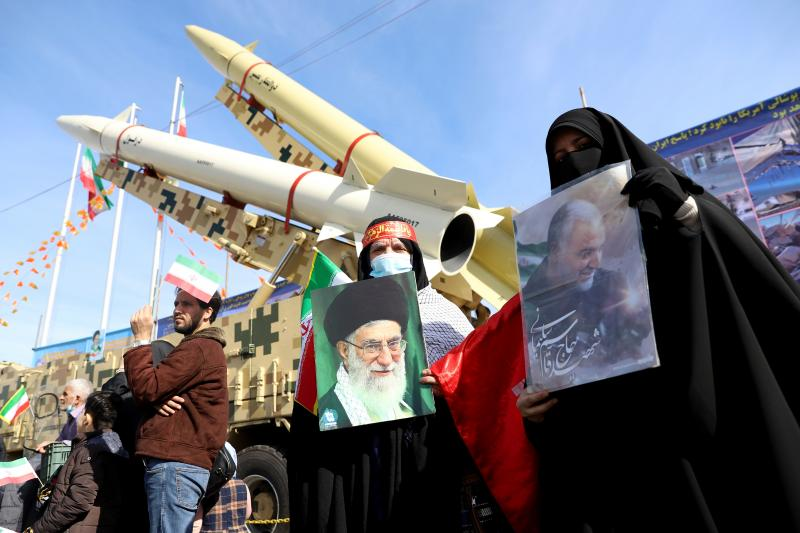Fighting in Yemen’s Marib intensifies amid government advances

Yemen’s bloody war is ramping up once again as the UN warns of dire consequences for civilians.
Fighting is intensifying around the Yemeni city of Marib since government forces captured neighboring Shabwa province last week.
Reuters reported today that a pro-Yemeni government militia backed by the United Arab Emirates known as the Giants Brigade has joined the fight at Marib to push back Houthi rebel forces attempting to capture the oil-rich enclave.









